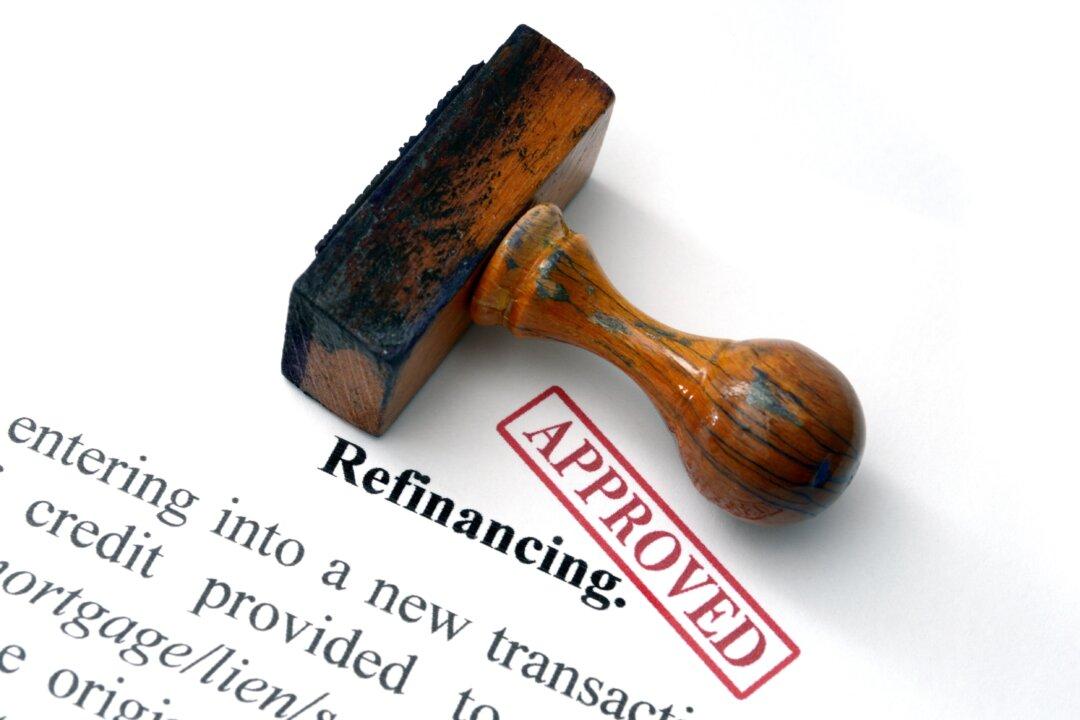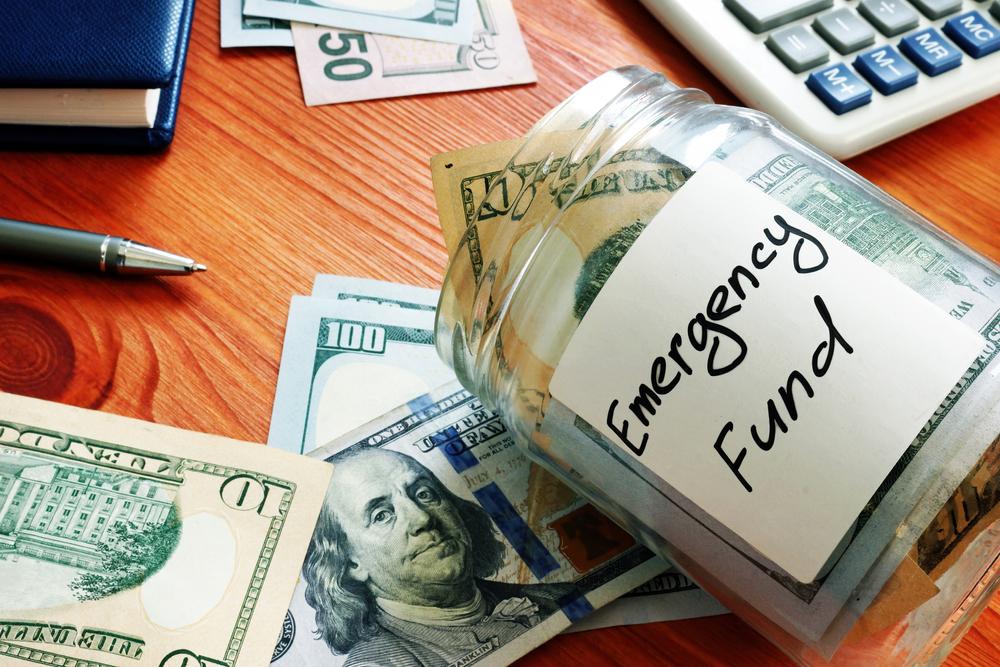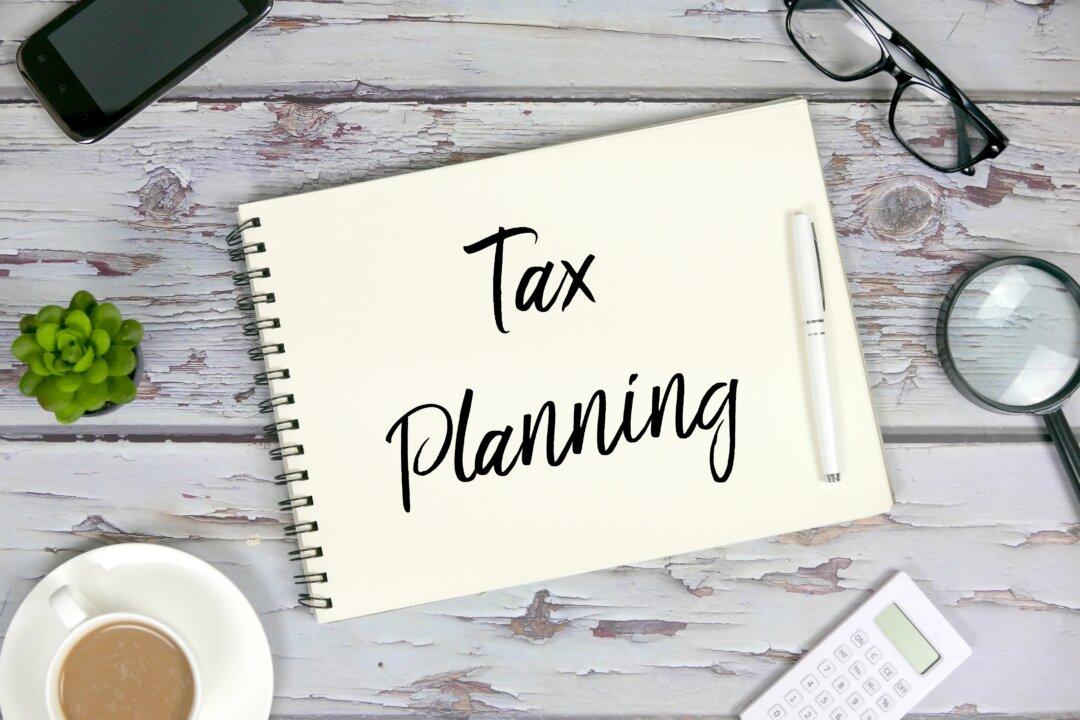Like most Americans, your home may be the most expensive investment, and you probably took a mortgage to make this purchase possible.
There are many compelling reasons to consider refinancing your home, including lower interest rates. If you follow business news, you’re probably aware of mortgage rates being on the decline and wondering if that makes now a good time to refinance.





